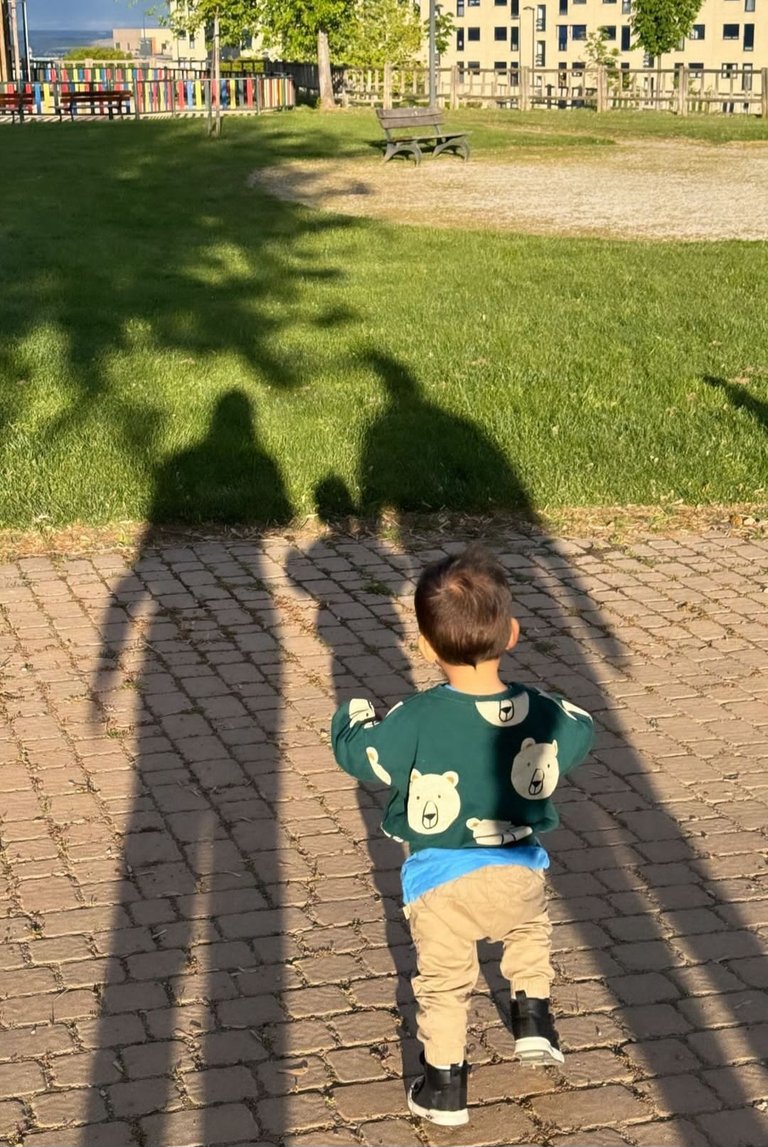Es una realidad innegable que la forma en la que actuamos como padres se convierte en una parte fundamental de la educación y los valores que transmitimos a nuestros hijos. Desde los primeros años de vida, los niños son esponjas que absorben todo lo que observan a su alrededor, incluyendo nuestras conductas, nuestras palabras y nuestras reacciones ante diferentes situaciones.

Uno de los aspectos más importantes es el modelado que los padres hacemos. Los niños tienden a imitar los comportamientos que ven en sus figuras de apego más cercanas, es decir nosotros. Si actuamos con paciencia, amabilidad y respeto, es muy probable que nuestros hijos desarrollen esas mismas cualidades.
En cambio, si mostramos irritabilidad, agresividad o conductas negativas, es más probable que ellos las repliquen en su propio comportamiento.
La forma en la que resolvemos los conflictos y problemas que se presentan en el hogar también tiene un impacto significativo. Cuando los niños ven que sus padres saben manejar las situaciones difíciles de manera constructiva, aprenden habilidades valiosas para la vida, como la comunicación asertiva, la negociación y la resolución pacífica de desacuerdos.

Y es que la coherencia entre nuestros valores declarados y nuestras acciones. Si decimos que es importante ser honesto, pero luego engañamos o mentimos, los niños percibirán una disonancia y tendrán más dificultad para integrar esos valores.
Es fundamental que seamos modelos vivos de los principios que queremos transmitir, mostrando con nuestro propio comportamiento lo que consideramos importante.
Nosotros como padres le hablamos a Luca con mucho amor, pero también no subestimamos el potencial de nuestro hijo para entender, siento que los niños entiende y pueden comprender poco a poco siempre desde el amor la cuando como padres los corregimos.
Los valores que les enseñamos a nuestros hijos siempre es la base de su formación como adultos. Es lnuestro legados como padres, la huella que dejamos y esa sombra que estará con ellos.
- Las imágenes me pertenecen
- Traductor: Deelp traslator
- Edicion: Canva
It is an undeniable reality that the way we act as parents becomes a fundamental part of the education and values we transmit to our children. From the first years of life, children are sponges that absorb everything they observe around them, including our behaviors, our words and our reactions to different situations.

One of the most important aspects is the modeling we parents do. Children tend to imitate the behaviors they see in their closest attachment figures, that is, us. If we act with patience, kindness and respect, it is very likely that our children will develop those same qualities. On the other hand, if we show irritability, aggressiveness or negative behaviors, they are more likely to replicate them in their own behavior.
The way we resolve conflicts and problems that arise in the home also has a significant impact. When children see that their parents know how to handle difficult situations constructively, they learn valuable life skills such as assertive communication, negotiation and peaceful resolution of disagreements. Conversely, if parents resort to yelling, punishment, or violence, children may internalize those strategies as acceptable ways of dealing with problems.

And it is that consistency between our stated values and our actions. If we say it is important to be honest, but then we cheat or lie, children will perceive a dissonance and have more difficulty integrating those values. It is essential that we are living models of the principles we want to transmit, showing by our own behavior what we consider important.
We as parents speak to Luca with a lot of love, but we also do not underestimate the potential of our son to understand, I feel that children understand and can understand little by little always from love when as parents we correct them.
The values we teach our children is always the basis of their formation as adults. It is our legacy as parents, the footprint we leave and that shadow that will be with them.
- Images belong to me
- Translator: Deepl Traslator
- Editing: Canva



